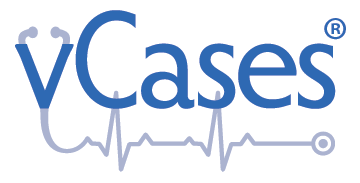Experiential Self-Direction
Self-directed personal experience may be the most powerful way to internalize information, acquire skills, and remember. This may be why medical education requires live face-to-face experiences. vCases cannot replicate serious negative outcomes possible with living patients, but it offers unmatched diagnostic experiences. And, live patient workups cannot provide personalized Epilogue feedback explaining and comparing user vs. author decisions. This is self-directed deep insight and learning.
vCases users self-direct their learning, gain expertise, and become better diagnosticians: not from listening, lectures, or reading. Instead, they use initiative, face uncertainty, determine what they need to know, make better decisions, and narrow each differential diagnosis. They learn through independent thinking, careful decisions, and self-directed, experiential discoveries. Importantly, by making extensive use of the DxLibrary®, users love the challenge even in the first year of medical school.
(Self-directed learning is the LCME’s Requirement 6.3: The faculty of a medical school ensure that the medical curriculum includes self-directed learning experiences and time for independent study to allow medical students to develop the skills of lifelong learning.)
Quotes
“I really enjoyed it, having everything available at my finger tips along with their respective descriptions is great”
“I like that vCases gave me a low stress situation in which I could practice my clinical reasoning and search for information on disease processes”
“I liked that it was easy to navigate and fun to use in terms of a problem-solving activity.”
Endocrinologist: “This can be a great tool to improve the quality of medical education at all levels. If this system includes many different cases in many disciplines it will be my favorite tool in educating juniors and also myself I must say.”
